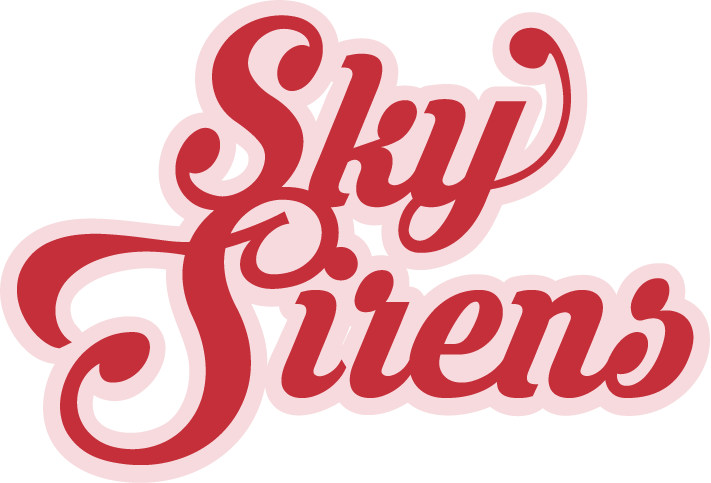Have you ever woken up the day after a pole or lyra lesson to find yourself stiff, sore and covered in bruises? We know we have! Pole and Lyra are strenuous activities that require strength, flexibility and stamina, and training in the aerial arts can really put the pressure on your body. It's so important to make sure you are doing everything you can to ensure you look after yourself. Doing so will not only help you feel better, sooner, but also prevent more serious injuries and allow you to progress further with your training!
Disclaimer: The advice given here should not be used as a substitute for seeking the advice of a medical professional. If you are experiencing serious pain after a class, you should seek medical attention. Additionally, it is advisable to speak to your healthcare professional before trying any new forms of exercise, or taking any new supplements.
Written by Eva Devore, with help from Arizona and Abigail. Photography by Beccy Spice and The Black Light
I'm sure you've heard your instructor harping on about it every lesson, but your warm up and cool down should be the most important part of your training - not to be skipped! Take note of the warm up your instructor teaches you in class, as these are a great example of how you can warm up for practice.
Warming up correctly kickstarts your cardiovascular system by raising your body temperature and increasing blood flow to your muscles. It can also help prevent muscle soreness after class, and also reduce the risk of injuries during your training. This is especially important during the cooler months, as your muscles will already be quite stiff from the weather. Your warm up should lift your heart rate and focus on the muscle groups you will be using. For pole and lyra, that's basically everywhere! Your warm up can include some stretching, however it is better to do active stretching and aerobic exercises, rather than static stretching.
Your cool down is integral to lowering your heart rate back to normal, and preventing muscle stiffness and soreness after class. Taking the time to slow your heart rate and stretch will not only help your body to adjust, but also improve your flexibility and muscle recovery.
Bruises are an inevitable part of learning new tricks in pole and lyra. When you learn a new position you are often applying pressure to a part of your body that has never been under stress before, and let's face it, a metal pole or hoop isn't the most comfortable thing to be hanging from.
Bruising from pole and lyra shouldn't last too long, but if you're a bit of a peach, there are some ways you can reduce the effects of bruising. A cold compress (an ice-pack or a bag of frozen peas works great!) wrapped in a towel can provide relief, and help to reduce any inflammation and swelling.
There are a number of topical treatments available for treating bruising as well. Arnica is derived from a plant and is usually applied topically to to the skin to help reduce discolouration and inflammation. Hirudoid cream is another product that performers swear by, for it's properties in soothing and relieving bruising and inflammation. Both products can be found at your local pharmacy, however you should always get he advice of your doctor or pharmacist before trying a new product.
Whether your legs feel like jelly after a burlesque class, or your shoulders are aching the day after lyra, muscle soreness is common among many people when they try a new style, or intensity of exercise.
There is still debate over why muscle soreness occurs, but the generally accepted theory is that microscopic tears occur in your muscles when you stretch and stress them in new ways. This means that soreness tends to be reduced the more you continue with that exercise. So luckily the first time will most likely be the worst for you!
There are a few remedies you can try to help with muscle soreness. Taking a hot bath with Epsom salts can help relax sore muscles, as epsom salts are rich with magnesium. You can add lavender oil to your bath to really indulge, as lavender has relaxing properties. There are also oral supplements you can take which may have anti-inflammatory and muscle-recovery properties. Magnesium supplements help with muscle recovery, but make sure to check with a medical professional before taking any new supplements.






